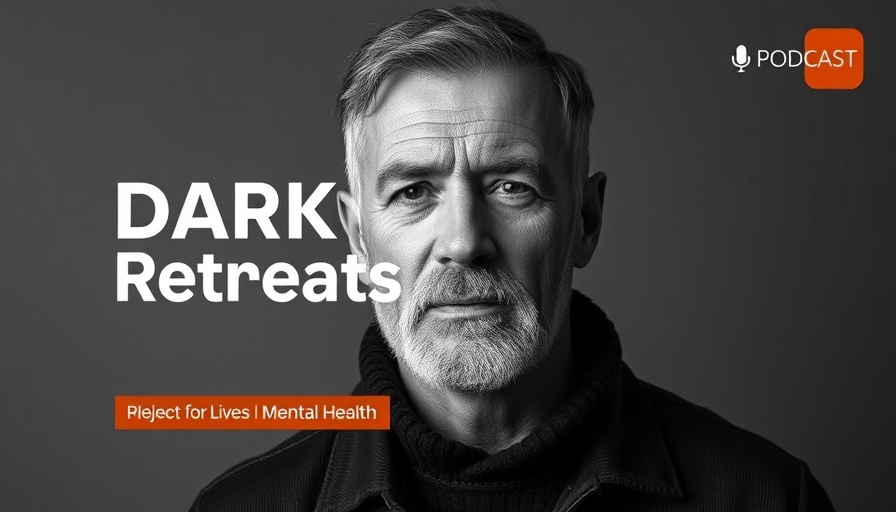
Art-Based Rehabilitation: A Pathway to Healing
In recent years, art-based rehabilitation has emerged as a beacon of hope for young people grappling with isolation and various mental health challenges. This integrative approach utilizes creative expression as a tool for therapeutic engagement, allowing individuals to explore their emotions in a supportive environment. The increasing concern over mental health issues among youth highlights the potential for art-based interventions to serve as a meaningful alternative or supplement to traditional therapies.
Understanding the Impact of Mental Health Challenges
Mental health disorders—including anxiety, depression, and phobias—represent a significant barrier to well-being for young individuals. Many experience debilitating conditions such as generalized anxiety disorder (GAD) or social anxiety, where interactions with peers can become overwhelming. These issues often stem from various factors, including academic pressure, economic stress, and the legacy of trauma. Studies suggest a rise in anxiety disorders among students, making mental health education and treatment imperative. Art therapy provides an accessible way to confront these complex feelings while promoting mental healing.
How Art Therapy Works: The Healing Power of Expression
Art therapy encourages participants to express themselves through various mediums—painting, drawing, or sculpting—often leading to breakthroughs in emotional expression that traditional talking therapies may not achieve. By engaging in these creative processes, individuals can visualize their struggles, transforming their pain into artwork, which can help with stress reduction and self-acceptance. Furthermore, therapy tailored to incorporate mindfulness techniques and relaxation exercises can significantly relieve symptoms of anxiety and depression.
The Role of Community and Support in Healing
Community support plays an essential role in the success of art-based rehabilitation programs. Young people often thrive within environments that foster connection and shared experiences. Support groups, whether in-person or online, can help reduce stigma around mental health struggles, encouraging open dialogue about feelings and coping strategies. Such communal initiatives bring together individuals facing similar challenges, fostering a sense of belonging and understanding.
Case Studies: Success Stories from Art-Based Rehabilitation
Numerous success stories highlight the effectiveness of art therapy initiatives in reducing symptoms of anxiety and depression among young individuals. For instance, one program integrated art therapy sessions within a school context, enabling students to express their feelings creatively. Participants reported decreases in anxiety symptoms and improvements in emotional well-being over time. Such anecdotal evidence supports the need for broader implementation of similar programs across educational settings.
Challenges and Future Directions in Mental Health Rehabilitation
While art-based rehabilitation presents promising outcomes, several hurdles remain. Access to mental health care, particularly in underprivileged communities, can limit the dissemination of these initiatives. Furthermore, there exists a need for trained professionals who can effectively facilitate art therapy sessions while adapting to the individual needs of participants. Addressing these challenges necessitates a concerted effort from mental health policymakers and educational institutions to promote mental health awareness and allocate funding for innovative rehabilitation approaches.
Conclusion: Embracing Holistic Approaches to Mental Health
In conclusion, art-based rehabilitation offers a vital pathway for young individuals struggling with isolation and mental health challenges. By fostering emotional expression, community connection, and holistic healing approaches, such therapy systems can significantly enhance the quality of life for youth. As we move towards a better understanding of mental health, integrating creativity within treatment paradigms appears not only beneficial but essential for future strategies.
If you or someone you know is struggling with mental health issues, consider exploring art-based therapies and connecting with local support groups. Engaging with creative outlets can pave the way for healing and personal growth, underscoring the importance of mental health awareness and support for all.
 Add Row
Add Row  Add
Add 




Write A Comment